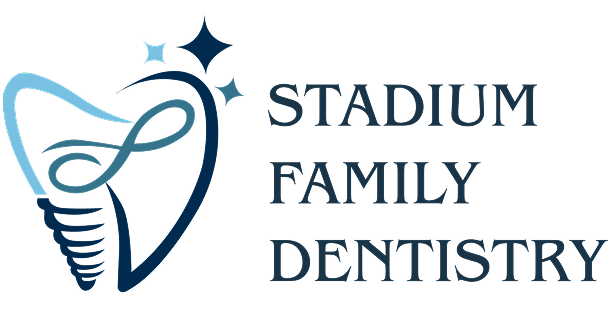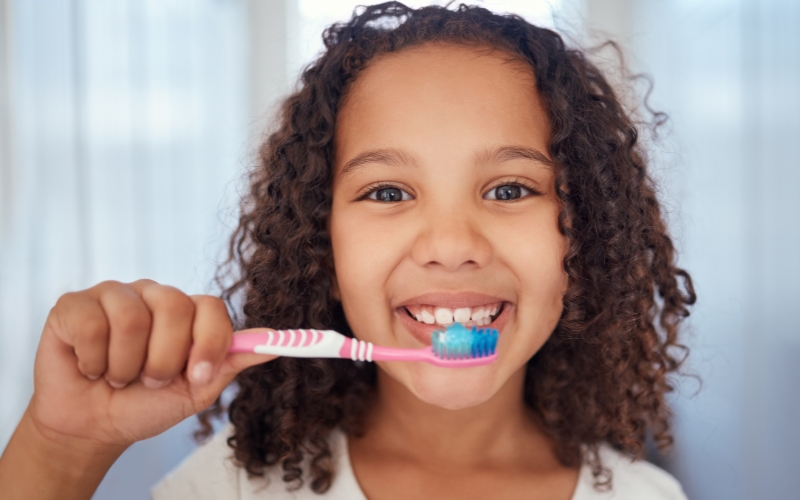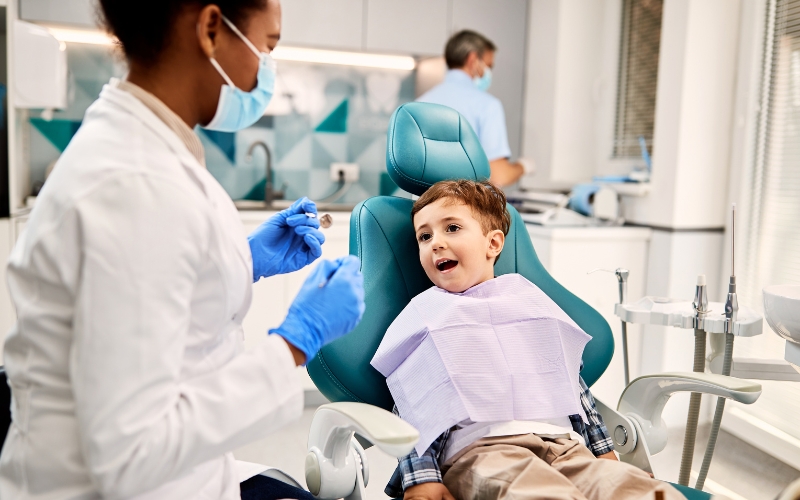
Bad breath, also referred to as halitosis, can be a source of embarrassment for many. It’s not just about the occasional morning breath but a persistent issue that affects social interactions and self-esteem. Understanding the causes and remedies for bad breath can help you manage and eliminate this problem effectively.
Common Causes of Bad Breath
Poor Oral Hygiene
Poor oral hygiene is one of the most common causes of bad breath. Without regular brushing and flossing, food particles linger in your mouth, fostering bacterial growth between teeth, around the gums, and on the tongue. These bacteria produce sulfur compounds, leading to bad breath.
Dietary Choices
Certain foods and beverages, like garlic, onions, coffee, and alcohol, can cause temporary bad breath. These items contain strong-smelling substances that enter your bloodstream and travel to your lungs, affecting your breath.
Dry Mouth
Saliva helps in cleaning the mouth by removing food particles and bacteria. A condition called xerostomia, or dry mouth, reduces saliva production, leading to bad breath. Dry mouth can be caused by certain medications, medical conditions, or simply breathing through your mouth.
Medical Conditions
Chronic bad breath can sometimes signal an underlying health issue. Conditions such as sinus infections, respiratory tract infections, diabetes, gastrointestinal issues, and liver or kidney issues can be factors contributing to halitosis.
Tobacco Products
Smoking and using other tobacco products can lead to bad breath. Tobacco dries out your mouth and leaves a foul odor that lingers even after brushing.
Effective Remedies for Bad Breath
Maintain Good Oral Hygiene
To combat bad breath, brush your teeth at least twice a day with fluoride toothpaste. Don’t forget to brush your tongue, as bacteria may build up there. Floss daily to eliminate food particles and plaque from between your teeth.
Stay Hydrated
Drinking plenty of water helps to maintain moisture in your mouth and effectively rinses away food particles and bacteria. Chewing sugar-free gum can also stimulate saliva production, helping to fight dry mouth.
Watch Your Diet
Be mindful of what you eat and drink. Limit foods and beverages that cause bad breath, and incorporate more fruits and vegetables into your diet. Apples, carrots, and celery can help increase saliva flow and reduce bad breath.
Use Mouthwash
Rinse with an antibacterial mouthwash to eliminate bacteria and freshen your breath. Look for mouthwashes containing chlorine dioxide or cetylpyridinium chloride, which are effective against bad breath.
Regular Dental Checkups
Schedule visits regularly with your dentist for checkups and professional cleanings. Your dentist can identify and treat oral health issues that may be causing bad breath. They can also offer advice tailored to your specific needs.
Quit Smoking
If you smoke, quitting is one of the best things you can do for your breath and overall health. Seek support from friends, family, or a smoking cessation program to help you kick the habit.
Additional Tips for Fresh Breath
Clean Your Dental Appliances
If you wear dentures, retainers, or mouth guards, clean them thoroughly daily. These appliances can harbor bacteria and contribute to bad breath if not properly maintained.
Scrape Your Tongue
Invest in a tongue scraper to remove bacteria, food particles, and dead cells from your tongue. Using a tongue scraper can significantly improve your breath.
Eat Parsley and Other Fresh Herbs
Chewing on fresh herbs like parsley, mint, or basil can help mask bad breath temporarily. These herbs contain chlorophyll, known for its deodorizing properties.
Avoid Sugary Foods and Drinks
Sugar promotes bacterial growth in the mouth. Limit your intake of sugary foods and drinks to reduce the risk of bad breath and other oral health issues.
Monitor Your Health
Keep track of any changes in your health that might affect your breath. If you notice persistent bad breath despite good oral hygiene, consult your doctor. It could be a sign of an underlying health problem that requires medical attention.
Dealing with Morning Breath
Morning breath is a common issue caused by reduced saliva production during sleep. To minimize morning breath, brush and floss your teeth before bed, and avoid eating or drinking anything other than water after brushing. Using a humidifier in your bedroom can also help in maintaining moisture levels in your mouth while you sleep.
Myths About Bad Breath
Mouthwash is Enough
While mouthwash can temporarily freshen your breath, it is not a substitute for brushing and flossing. Good oral hygiene is essential for long-term breath freshness.
Bad Breath Comes from the Stomach
In most cases, bad breath originates in the mouth, not the stomach. Gastrointestinal issues can cause bad breath, but this is less common than poor oral hygiene or dietary factors.
Chewing Gum Cures Bad Breath
Chewing sugar-free gum can help stimulate saliva production and temporarily mask bad breath, but it doesn’t address the root cause. Proper oral hygiene is crucial.
When to See a Professional
If you’ve tried various remedies and still struggle with bad breath, it may be time to see a dentist or doctor. Persistent bad breath can indicate a serious condition that requires medical attention. Your Ann Arbor dentist can help diagnose and treat any underlying oral health issues contributing to bad breath.
Bad breath is a common issue with various causes, but it is manageable with proper care and attention. By maintaining good oral hygiene, staying hydrated, and being mindful of your diet, you can keep your breath fresh and boost your confidence. Regular dental checkups and professional advice can also play a vital role in managing bad breath effectively.


